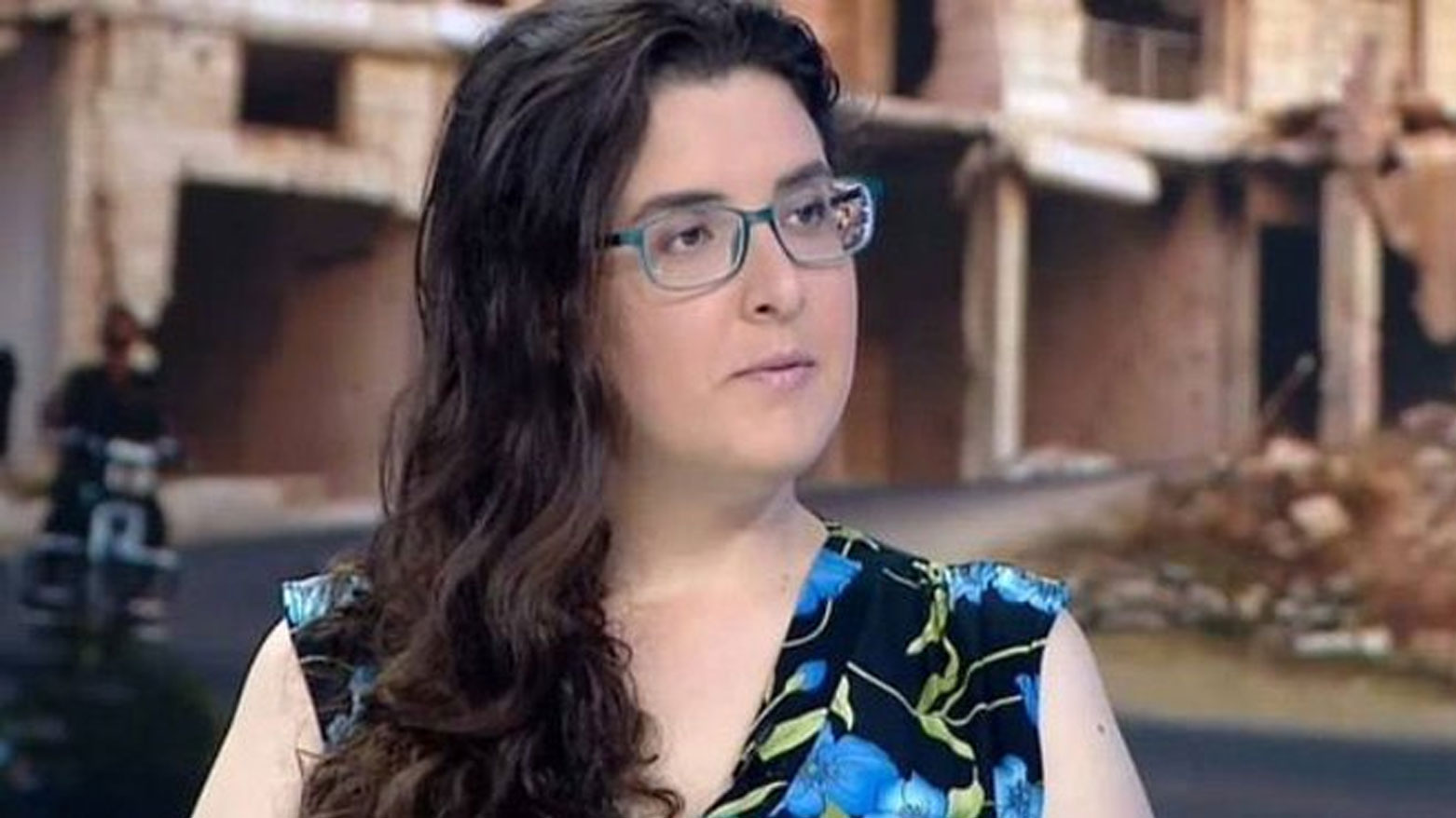U.S. Denies Prisoner Swap Deal in Case of Abducted Israeli-Russian Researcher in Iraq
U.S. officials categorically rejected the existence of such an agreement, affirming that no broader prisoner swap involving individuals accused of killing Americans is under consideration.

ERBIL (Kurdistan24) — The U.S. State Department on Saturday firmly denied reports of a potential prisoner exchange involving Iranian detainees as part of efforts to secure the release of Elizabeth Tsurkov, an Israeli-Russian academic abducted in Iraq over two years ago.
Responding to inquiries from Shafaq News, a U.S. State Department spokesperson dismissed the claims, saying, “While discussions are always ongoing, reports of this possible trade are categorically false.”
Tsurkov, a doctoral researcher at Stanford University, vanished in Baghdad in March 2023 while conducting fieldwork. She is believed to be held by Kataib Hezbollah, an Iran-backed militia group. Despite widespread suspicion, the group has denied any role in her disappearance.
Speculation over a possible deal intensified after multiple Western media outlets reported that Washington and Baghdad were considering a discreet arrangement. The alleged deal would have seen the release of a detained member of Iran’s Islamic Revolutionary Guard Corps (IRGC), along with six other Iranian nationals, in exchange for Tsurkov’s freedom.
However, U.S. officials categorically rejected the existence of such an agreement, affirming that no broader prisoner swap involving individuals accused of killing Americans is under consideration.
While the United States has confirmed that diplomatic efforts are underway to locate and free Tsurkov, officials emphasized that any discussions remain narrowly focused and do not include concessions involving high-profile Iranian detainees.
The case has drawn international attention, highlighting the risks faced by foreign researchers working in conflict zones and the complex geopolitical entanglements surrounding such abductions.